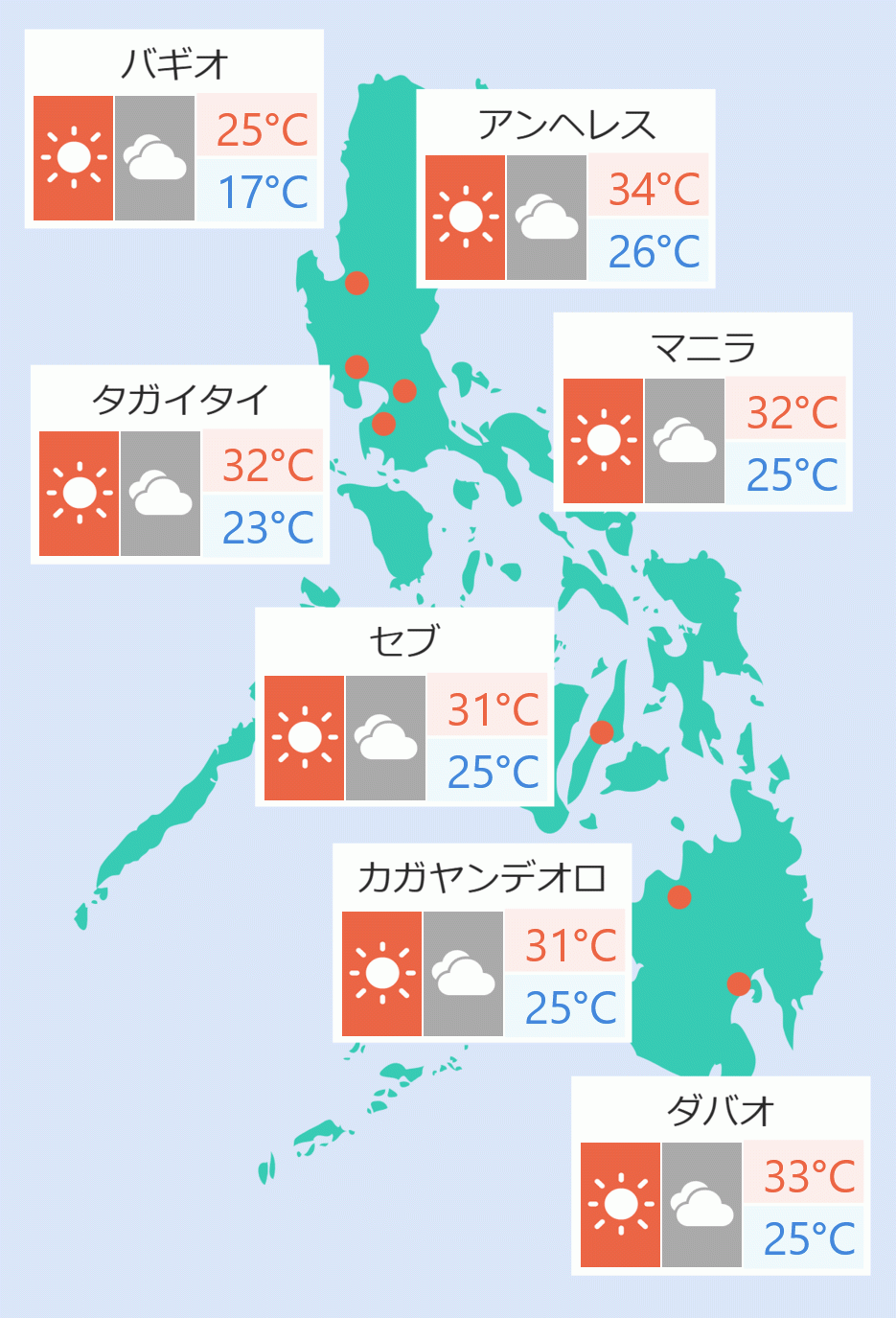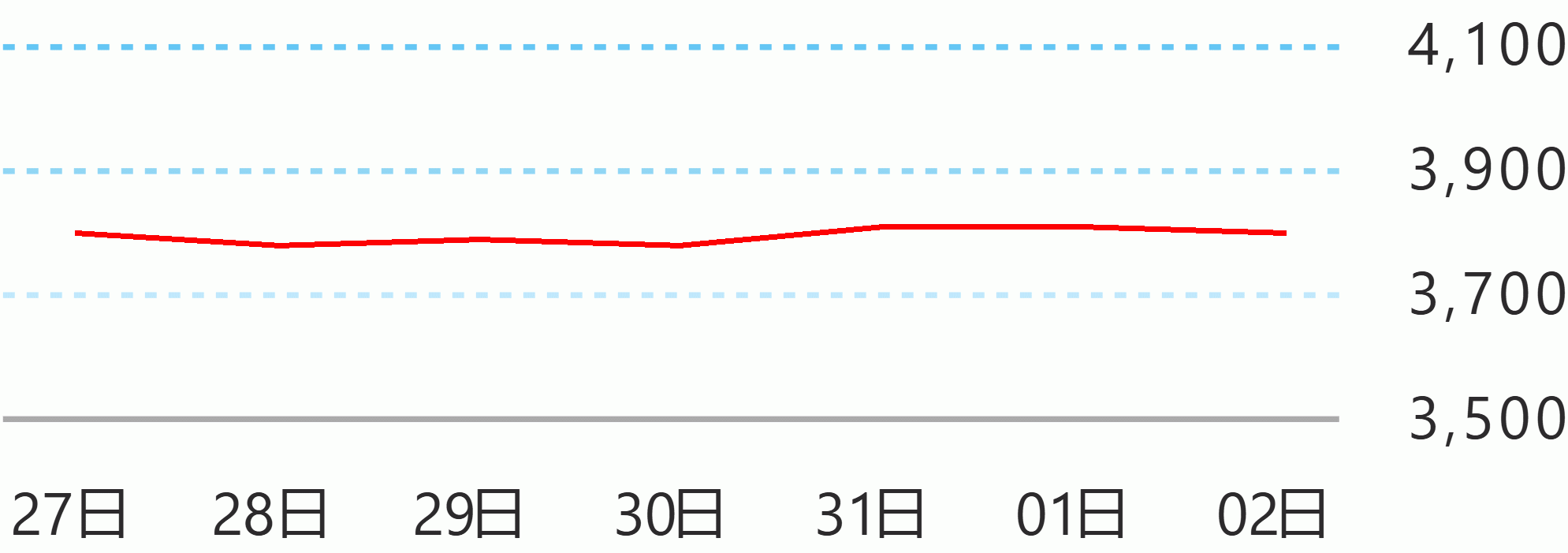By Robina Asido
The hatred and resentment that was harboured by a survivor of the Battle of Manila against the Japanese because of the killings, pain and hardship during the Second World War has finally healed.
"For many years I harbored , like resentment or maybe hatred for the Japanese, for what they have done to my grandparents, to my uncle, and other relatives. But through the years, I thought, well they got Hiroshima and Nagasaki, so we're even you know. It was a childish thought, but through the years I've traveled to Japan a lot of times and they were so nice actually," Regina Roces-Paterno, a survivor of the Battle of Manila, said in a forum last Saturday where memories of war were shared and remembered.
"I couldn't imagine that those things would happen during that time...But no, I don't have any bad feelings. I go to Japan often, I like the people," she added.
Paterno said her father Jesus Roces and uncle Rafael Roces Jr. who were both members of the Free Philippines Movement, a secret society of patriots who worked with the Philippine Scouts and liaised with any and all anti-Japanese groups were taken by the Kempeitai.
"My father was brought to Fort Santiago where he was imprisoned and tortured to reveal what he knew about the resistance movement. He was beaten repeatedly and until his death in 1998, he experienced awful night terror, often waking up screaming," she said.
"Our family was at loss, wondering what had been the fate of my father and his brother. We feared the worst," she added.
After the arrest of his father and receiving a message from her uncle Liling asking them to go to the provinces as "nobody will be spared", Paterno said his grandfather decided to take their entire family out of Manila.
"Fifteen of us squeezed into a canvas-covered truck, Sylvia (her cousin who also survived the Battle of Manila) and I were only six and five years old, barely aware of what was happening around us," she recalled.
"Lolo Rafael steered us to the deepest parts of Batangas, our province of refuge. He negotiated, convinced and sometimes bribed those manning the entry points to let us through. We hid in Batangas for months, moving from house to house to shake off any pressures," she said.
Paterno said her father was able to survive Fort Santiago and reunited with them after the Battle of Manila but her uncle Rafael Jr. who was also imprisoned in Fort Santiago was not able to come back.
She noted that based on the affidavits and eyewitness testimony of fellow cellmates who survived, Rafael Jr was "brutally beaten by the Japanese interrogators determined to extract information about the guerilla movement".
"The military police was unable to squeeze an iota of information from him, so he was packed off to Bilibid on May 16 for a sham court martial trial where he and his group of resistance leaders were sentenced to 35 years imprisonment. However, the sentence was disregarded and the prisoners were to be executed without their knowledge," said Paterno.
"Uncle Liling (Rafael Jr) and 27 other prisoners were brought to the Chinese Cemetery to be decapitated," she added.
Paterno said her uncle was awarded with the US Medal of Freedom and the Philippines Legion of Honor medal among others for his sacrifice. However, "these posthumous accolades do little to salve and heal the wounds left behind on his family."
She also shared that while they escaped to Batangas, her maternal family who lives in Vito Cruz, Manila was massacred by the Japanese soldiers by burning them alive.
"Not content with burning the entire group alive, the Japanese soldier took from his pocket a small grenade, pulled the pin and threw it towards (Supreme Court) Justice (Antonio) Villa-Real. It exploded and killed my grandfather instantly,"
"No bodies were ever found. No traces of the hellish atrocities committed on my family were uncovered. Just ashes... and the pain and agony left for our imagination to contemplate," she added.
Although time heals the wound of the past, Paterno emphasized that war stories, especially the struggles of victims should always be shared to remind the future generations "not to repeat the mistakes of history".
"In these troubling times of new conflicts all over the world, let us remind each other that there are no true victors in war, only victims. Let us continue to retell these stories so that our very weak collective memory as a people shall be strengthened," she said. DMS





 English
English










